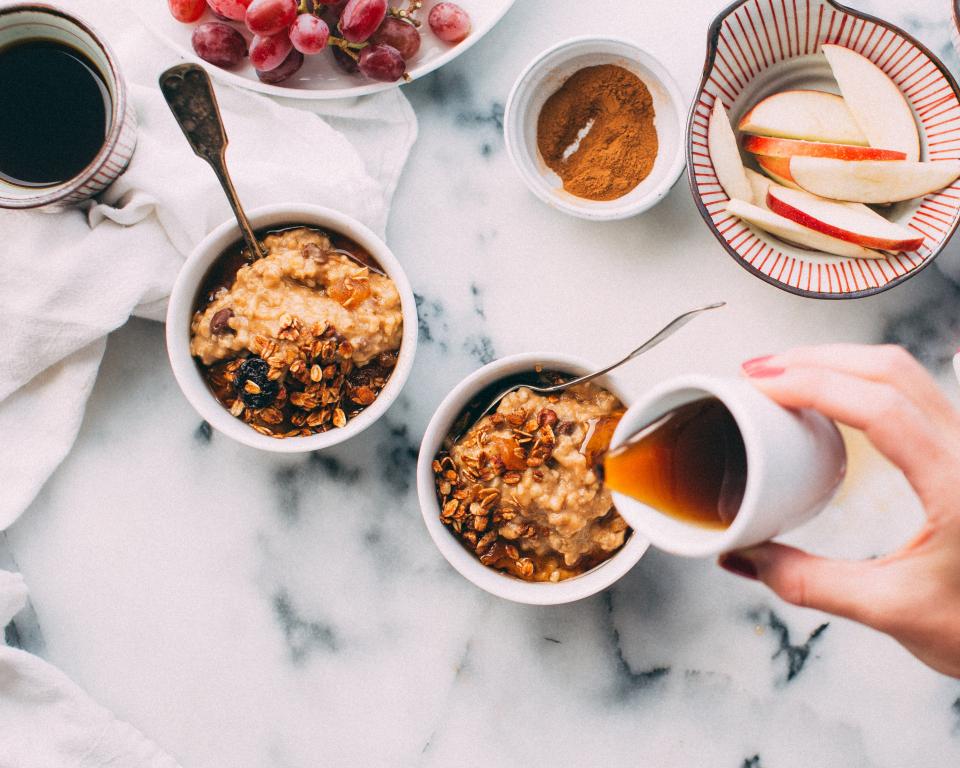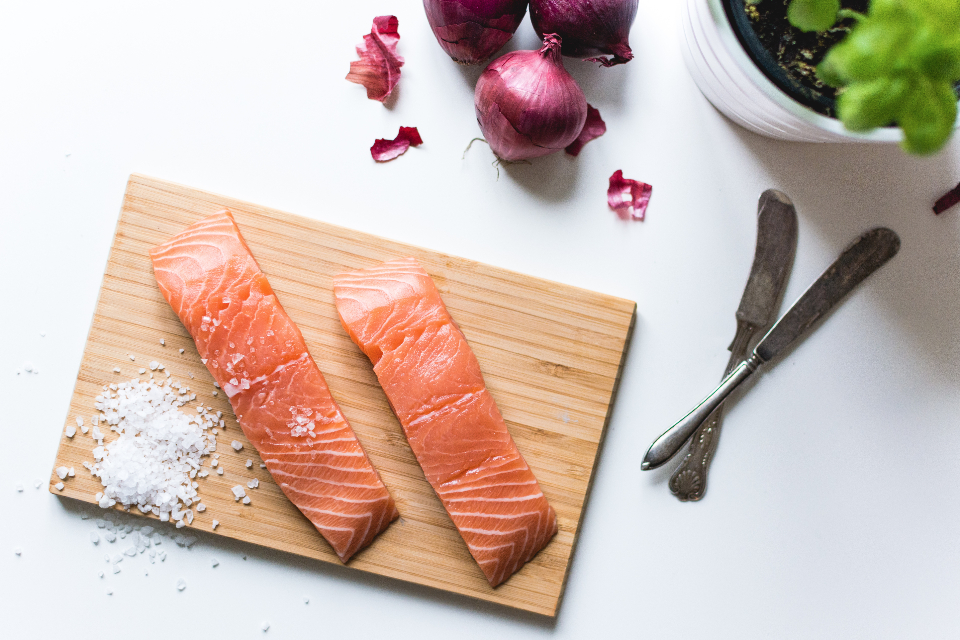Cardiac health has quickly become a primary concern in modern medicine and contemporary society. The Centers for Disease Control and Prevention (CDC) have noted that approximately one in every four deaths is related to heart disease and that it is the leading cause of deaths in men and women. So how do you measure up in terms of health? Maintaining an active and healthy lifestyle, low levels of stress and remembering your check-ins with your PCP are absolutely essential. Also essential – knowing how to life hack your way through good cardiac health. As a result, we’ve brought you a list of key food items that can up you’re A-game and make the goal to cardiac health easy peasy lemon squeezy.
Soluble Fibers
Already try to incorporate the occasional bowl of oatmeal into your weekly diet? Then you’re on the right track. Research suggests that by increasing your intake of soluble fiber, you can effectively manage your cholesterol levels. Oats, bran, barley and other forms of cereals are recommended with a daily intake of around 20-35 grams.
The reason? Oats contain something called beta glucans, which are polysaccharides which facilitate the absorption of LDL and subsequently work to boost the immune system. Studies have shown that the difference that increasing this staple in your daily diet can make is pretty significant with participants having reduced cholesterol by as much as around 5% in less than two months.
Other good sources of soluble fiber include beans, beans the magical fruit! Lentils, black-eyed peas, navy beans, garbanzo beans, kidney beans – Oh my! These are extremely beneficial for incorporating into your routine diet with ½ cup being the recommended amount for meals.

Beans such as lentils, kidney beans, black-eyed peas, navy beans and garbanzos are another staple rich in soluble fiber and great for cardiac health. A research study at the Arizona State University Polytechnic found that participants were able to effectively lower their LDL by 8% over a period of time simply by adding ½ cup of beans to their meals.
Veggies
Okay, this one may not exactly comes as quite a surprise. I mean, we all realize that a diet consisting of a fair amount of vegetables is pretty much the gold standard. But are you aware of exactly which vegetables are the best ones for maintaining good levels of cholesterol and cardiac health?
Eggplant and okra are excellent sources for soluble fiber and as a result top the list of vegetables great for cardiac health.
Dark green leafy vegetables are always great dietary staples to incorporate into your regular diet. You see, spinach contains something called lutein as well as other vital nutrients, vitamins and antioxidents. When we add lutein rich foods into our diet, we’ve found an effective way to help combat against poor cholesterol levels.
Avocado is a great source and opportunity to take advantage of the “good” fats. Avocados are rich in monounsaturated fatty acids (MUFAs) and contain beta-sitosteol, which are both great at lowering “bad” cholesterol (LDL) and raising “good” cholesterol (HDL).
The olive leaf is also another plant that has been proven to show significant results in lowering cholesterol levels. It had medicinal roots in ancient Egypt where they noticed its hypertensive qualities due to its antibacterial, antioxidant and anti-inflammatory properties. It is available in capsule form and the daily recommended amounts by medical professionals are 1000mg to see results.
Since vegetables are an excellent dietary source for maintaining healthy levels of cholesterol and cardiac health, it comes as no surprise that vegetable oils are equally as beneficial. Oils such as olive oil, sunflower oil, canola and safflower oil are all great at lowering LDL cholesterol because they’re chock full of MUFAs.
Salmon

Speaking of the “good” fats – when it comes to fatty seafood such as salmon, they’ve got tons of them. You see, salmon is rich in omega-3 and omega-6 fatty acids, including DHA and EPA, which help to maintain cardiac health by lowering bad cholesterol and thus helping to prevent clogged arteries. So adding some salmon, sardines or herring into your diet can have excellent benefits to your cardiac health.
Tea, Wine & Chocolate
While many may already be well aware of the high levels of antioxidants found in both tea and wine, some may find themselves surprised to learn of their hypotensive qualities. Tea has long been recognized for it’s health benefits with black tea specifically having been singled out by the USDA for it’s effects on reducing blood lipids significantly in a short span of time.
Wine is also rich in not only antioxidants but high in fiber as well , especially wines such as Roja where Tempranillo red grapes are used in the making.
Now, for this next one we have to say that we were equally as if not more excited than the next person to learn of the benefits on cardiac health that it has.

Chocolate
Chocolate is rich in antioxidants and helps facilitate the creation of good cholesterol (HDL). One study even showed that cocoa powder yielded a 24% increase in HDL with participants who were taking regulated amounts over the course of a three month period. To clarify – we aren’t talking your standard drug store milk chocolate bar. These results are specifically geared towards natural cocoa powder and the bitter, antioxidant rich dark chocolate varieties which are rich in flavonoids which aid in vasodilation.
Recommended daily intake is suggested at around 46g-105g in order to gain access to its various health benefits and hypotensive qualities. So lucky you! Don’t let anyone else tell you otherwise.
Cardiac disease and hypertension have been coined the silent killer for good reason. They can sneak into your lives and live with you silently for years seemingly unnoticed. Maintaining a healthy lifestyle is only part of the equation and is such a multi-faceted concept that many times we see ourselves lagging when it comes to the important things. A truly healthy lifestyle requires patience, grit and a complete overhaul for most of us. Out with the bad and in with the good. Kicking bad habits can be difficult and trying to create good ones can be equally as hard.
Remaining active and fit as well as abstaining from poor habits such as excessive alcohol consumption and smoking are imperative to your cardiac health. Managing stress levels, getting adequate amounts of water and sleep as well as making sure you’re getting the right dose of super foods are all tasks that can easily make us feel overwhelmed. Start slow. Take it one day at a time and be patient. Make today better than the last and five years down the line you’ll thank your former self. It is important to realize that the benefits to such efforts and dedication more than pay off – and your life depends on them.
Source: Forhealthmatters.com


